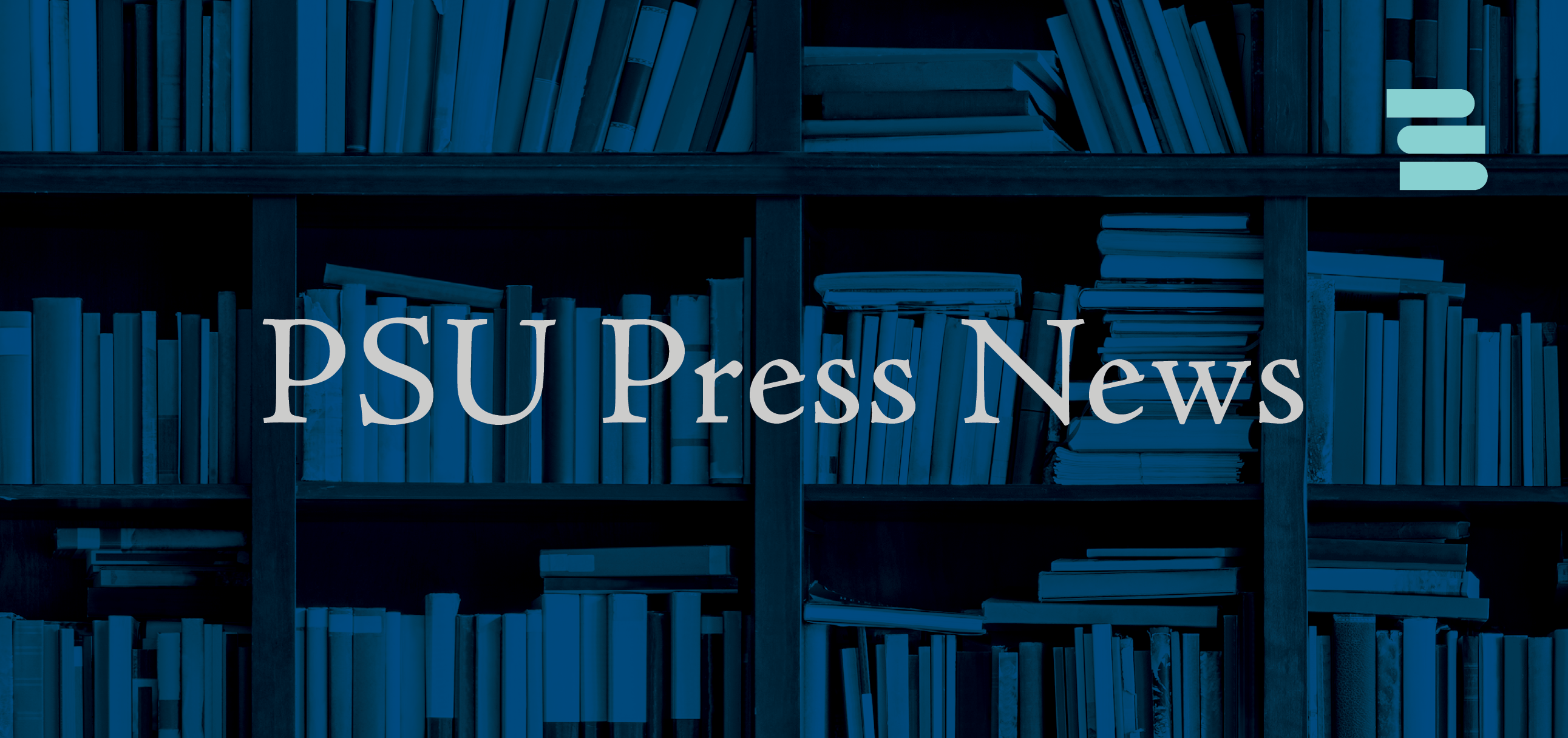Journal Ethics and Publishing Policies
Penn State University Press Journals
Penn State University Press (PSUP) is committed to ethical publishing practices that reflect academic integrity, transparency, and fairness. This statement outlines the ethical principles and editorial policies that govern all journals published or distributed by PSUP. It is informed by the guidelines of the Committee on Publication Ethics (COPE) and reflects our role as a nonprofit, university-affiliated publisher of scholarship in the humanities and social sciences with a firm commitment to the integrity of the scholarly record.
This policy applies to all journals published by PSUP, regardless of their disciplinary focus, ownership structure, or access model.
1. Editorial Responsibility and Peer Review
Editors are responsible for the content published in their journals and for upholding high scholarly and ethical standards. Editorial decisions are based on the intellectual merit, originality, and relevance of the work. Decisions are made without regard to an author’s race, ethnicity, gender identity, sexual orientation, religion, citizenship, political belief, institutional affiliation, or other personal characteristics.
All PSUP journals follow clearly documented peer review procedures—typically double anonymized—and each journal’s review process is described on its landing page at www.psupress.org/journals. Reviewers are selected for their expertise and are expected to evaluate submissions constructively, confidentially, and without conflicts of interest.
2. Author Responsibilities and Attribution
Authors must submit original work that has not been previously published or submitted elsewhere. All sources must be properly cited, and authors must obtain permission for the reuse of any third-party content. Submissions must comply with applicable scholarly and legal standards for accuracy, attribution, and originality.
All authors listed on a manuscript must have made a meaningful contribution to the work. The corresponding author is responsible for securing coauthor approval for the final submission and for disclosing any relevant conflicts of interest or funding support.
3. Copyright and Permissions
Copyright ownership varies across PSUP journals:
• For most journals, Penn State University holds copyright in the published content (we have a liberal policy for author reuse).
• For some journals, copyright is held by the sponsoring society or editorial organization.
• For open access content, authors often retain their own copyright.
Regardless of copyright ownership, authors may:
• Request permission to reuse their published articles in any book where they are the named author, editor, or coeditor of the new work. Permission requests should be submitted via this webform: www.psupress.org/journals/journals_permissions.asp
• Post their accepted article preprints in their institutional repositories or on their own websites immediately upon publication with a link to the published version. Postprints may be deposited in institutional repositories after a one-year embargo period following publication. This grant of permission excludes, however, commercial sites such as Academia.edu or ResearchGate.net.
Authors will be supplied with a relevant publication agreement upon submission or acceptance of their contribution, which must be signed and returned prior to submission to PSUP.
4. Open Access
PSUP publishes open access (OA) journals. Articles in OA journals are typically published under Creative Commons licenses that are clearly stated on the article and on the journal’s landing page. Subscription titles, with approval from the editor and PSUP, may include funded OA content permitted it is beyond the journal’s standard page allotment.
5. Article Processing Charges
Journals may charge article processing charges (APCs) for submission consideration or OA support. Where applicable for submission, APCs are clearly disclosed on the journal’s website, and waiver or subsidy options may be available based on financial need or institutional agreements. Authors with funding support who wish to publish OA should consult with the journal’s editor.
6. Corrections, Addenda, and Retractions
PSUP and its journal editors are committed to preserving the accuracy and reliability of the scholarly record. Journals will issue:
• Errata: for publisher-introduced or author-acknowledged errors or corrections
• Connected content: for new information or addenda
• Retractions: where a published article is found to contain major errors, ethical violations, or unreliable findings
Editors follow COPE’s retraction guidelines, and all such notices will be clearly labeled, linked to the original article, and made freely accessible.
7. Addressing Research Misconduct and Ethical Concerns
PSUP journals take allegations of research and publication misconduct seriously. Examples of misconduct include, but are not limited to:
• Plagiarism or self-plagiarism
• Fabrication or falsification of data
• Improper authorship attribution
• Undisclosed conflicts of interest
• Manipulation of the peer review process
Editors will follow COPE’s recommended workflows for investigating and addressing misconduct in coordination and consultation with PSUP. In cases where misconduct is confirmed, actions may include rejection, retraction, correction, or notification to the author’s institution. Concerns may be reported confidentially to the journal editor or to PSUP at .
8. Access and Digital Preservation
PSUP is committed to the wide dissemination of journals in both print and online formats. We carefully select partners with trusted practices for quality and ethically sourced materials. Our electronic workflows are enhanced for detailed metadata deposit, functional online tagging, and widespread discoverability. Journals published by PSUP are made available via:
· Individual and institutional print and online subscriptions
· Individual subscriptions through partner membership
· Digital platforms with pay-per-view options, some with free or OA content
· Preservation services through CLOCKS, LOCKSS, and Portico
All journal content is preserved in secure digital archives to ensure permanent access and citation reliability. Each journal’s landing page at www.psupress.org/journals includes up-to-date information on access, licensing, indexing, and preservation practices.
Questions or Concerns?
For inquiries related to journal publication ethics, licensing, or editorial practices at Penn State University Press, please contact .



 Journals 2025 Catalog
Journals 2025 Catalog